SaveYourInternet: Why You Should Care About the EU Copyright Directive
#SaveYourInternet Videos Music Bucles If you are a citizen of the European Union, or if you use any online service that is based in the EU, you should be aware of a new law that could affect your digital rights and freedoms. The law is called the Copyright Directive, and it aims to harmonize the rules for online content across the EU. However, many experts and activists have warned that the law could have unintended consequences that would harm the internet as we know it.
One of the most controversial aspects of the law is Article 13, which would require online platforms to filter all user-generated content for potential copyright infringements. This means that any website or app that allows users to upload, share, or remix content, such as YouTube, Facebook, Twitter, Instagram, Wikipedia, or Reddit, would have to install automated filters that would block any content that matches a database of copyrighted works.
#SaveYourInternet Videos Music Bucles Article 13 problematic
This could have a chilling effect on free expression, creativity, and innovation online. For example. Imagine that you want to upload a video of yourself singing a cover of your favorite song, or a meme that uses a clip from a movie. Or a blog post that quotes an article from a newspaper. Under Article 13, your content could be blocked before it even reaches your audience. Wwithout any human review or due process. You would have to appeal to the platform to restore your content. But you would have no guarantee that they would do so.
Moreover, Article 13 could create a huge burden for small and independent platforms and creators. Who may not have the resources or the expertise to comply with the complex and costly filtering requirements. This could lead to a consolidation of power in the hands of a few large corporations. Who would have more control over what we can see and say online. It could also stifle innovation and competition in the digital market, as new entrants would face higher barriers to entry. #countries.
SaveYourInternet Videos Music Bucles SaveYourInternet videos
#SaveYourInternet Videos Music Bucles. Article 13 is not the only problematic part of the law. Article 11, also known as the “link tax”. Would require online platforms to pay a fee to publishers for linking to their news articles. This could limit the diversity and quality of information available online. As well as undermine the principle of fair use and citation. Article 12a would restrict the rights of authors and performers to share their works online. Even if they want to do so for free or under a Creative Commons license. Article 3 would limit the possibilities for text and data mining, which are essential for scientific research and innovation.
The law is not yet final. It still has to be approved by the European Parliament and the Council of the EU. Which represent the interests of the member states. The final vote is expected to take place in early 2019. This means that there is still time to make your voice heard and to urge your representatives to reject this law or to amend it in a way that respects your rights and freedoms online.
You can join the #SaveYourInternet campaign. Which is supported by a coalition of civil society organizations, academics, activists, and creators from across Europe. Can sign a petition, contact your MEPs, join a protest, or spread the word on social media. You can also learn more about the law and its implications from various sources, such as:
The internet is a common good that belongs to all of us. Let’s protect it together.
- https://saveyourinternet.eu/
- https://www.eff.org/deeplinks/2018/09/fake-news-about-copyright-directive
- https://juliareda.eu/eu-copyright-reform/
If you are a content creator, a user, or a supporter of the internet, you might have heard of the hashtag #SaveYourInternet. This is a campaign that aims to raise awareness and mobilize action against the proposed EU Copyright Directive, which could have devastating consequences for the online community.
SaveYourInternet Videos Music Bucles The directive, which
The directive, which is currently being negotiated by the EU institutions. Includes two controversial articles that could severely limit the freedom and creativity of internet users. Article 11, also known as the “link tax”. Would require online platforms to pay publishers for linking to their news articles. Article 13, also known as the “upload filter”. Would force online platforms to monitor and filter all user-generated content. Ssuch as videos, memes, gifs, and music, to prevent any possible infringement of copyright.
These articles could lead to a situation where platforms like YouTube, Facebook, Twitter, and Reddit would have to either pay huge fees to publishers or install expensive and unreliable filters that could block legitimate content. This would not only affect the platforms themselves. But also the millions of creators and users who rely on them for expressing themselves. Sharing information, and engaging with others.
Many internet activists, civil society organizations. And online platforms have launched campaigns to oppose these articles and to urge the EU lawmakers to reconsider them. One of these campaigns is #SaveYourInternet. Which encourages users to create and share videos that explain why these articles are harmful and what can be done to stop them. The campaign also provides tools and resources for users to contact their representatives and voice their concerns.
SaveYourInternet videos are a powerful way to spread the message and to show the diversity and creativity of the online community. They can also educate and inform others who might not be aware of the issue or its implications. Some examples of #SaveYourInternet videos are:
- A video by Philip DeFranco. A popular YouTube personality, who explains the situation and calls on his viewers to take action.
- A video by Kurzgesagt. A YouTube channel that produces animated educational videos. Who illustrates the potential effects of the directive on the internet and on society.
- A video by Wuant, a Portuguese YouTube star. Who expresses his frustration and anger at the directive and urges his fans to join the campaign.
- A video by Julia Reda. A German MEP and a leading opponent of the directive. Who gives an update on the negotiations and offers advice on how to contact MEPs.
These are just some examples of #SaveYourInternet videos that have been created and shared by thousands of users across Europe and beyond. If you want to join the campaign and make your own video. You can visit www.saveyourinternet.eu for more information and guidance. You can also use the hashtag #SaveYourInternet on social media to show your support and to find other videos.
The EU Copyright Directive is not yet final and there is still time to make a difference. By creating and sharing #SaveYourInternet videos. You can help protect the internet as we know it and ensure that it remains a space for freedom. Creativity, and innovation. #SaveYourInternet CDU/CSU loop-musik FRENA . SaveYourInternet Youtube PewDiePie News loops #SaveYourInternet schleifen loops & musik. #SaveYourInternet SalvaInternet.
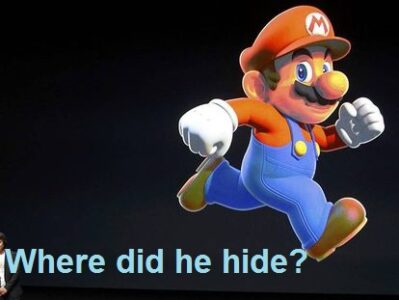
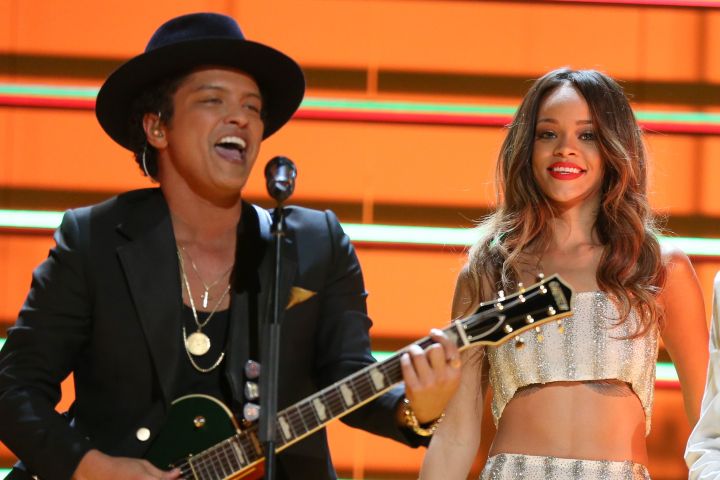

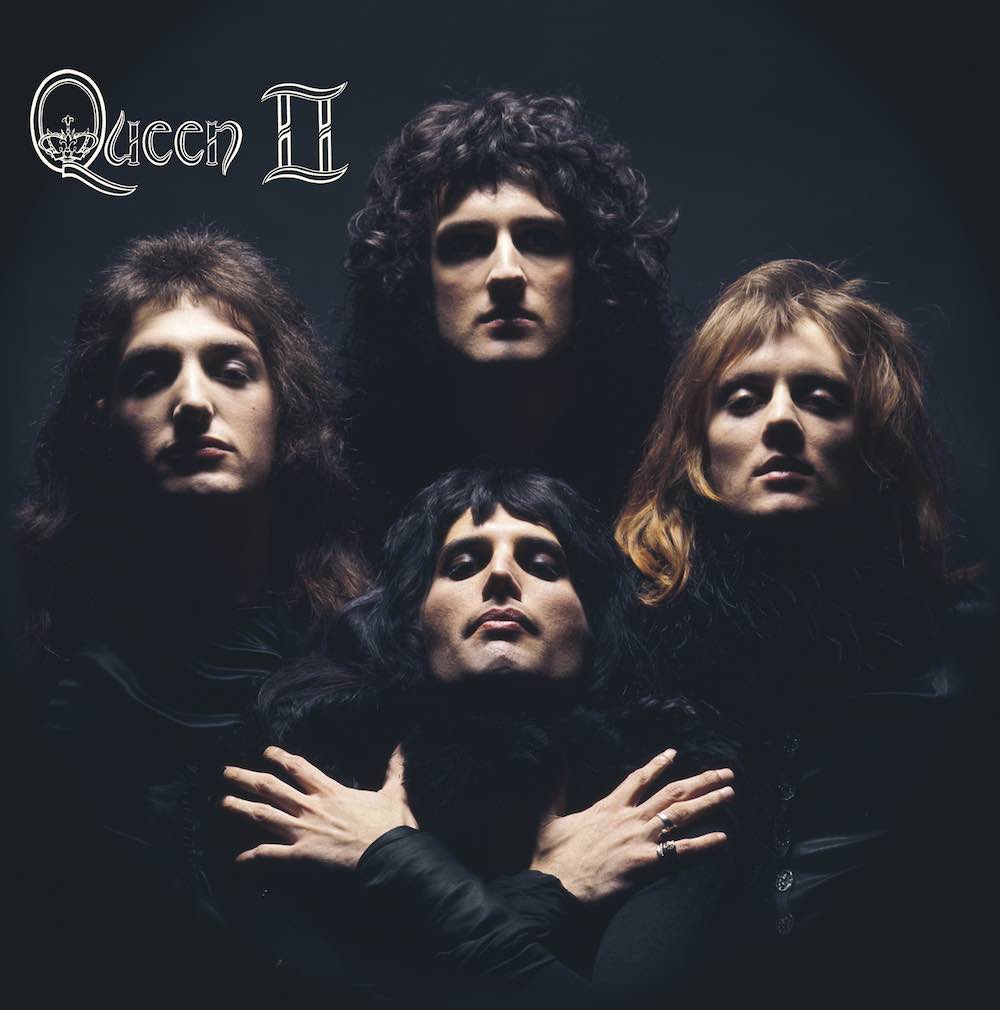


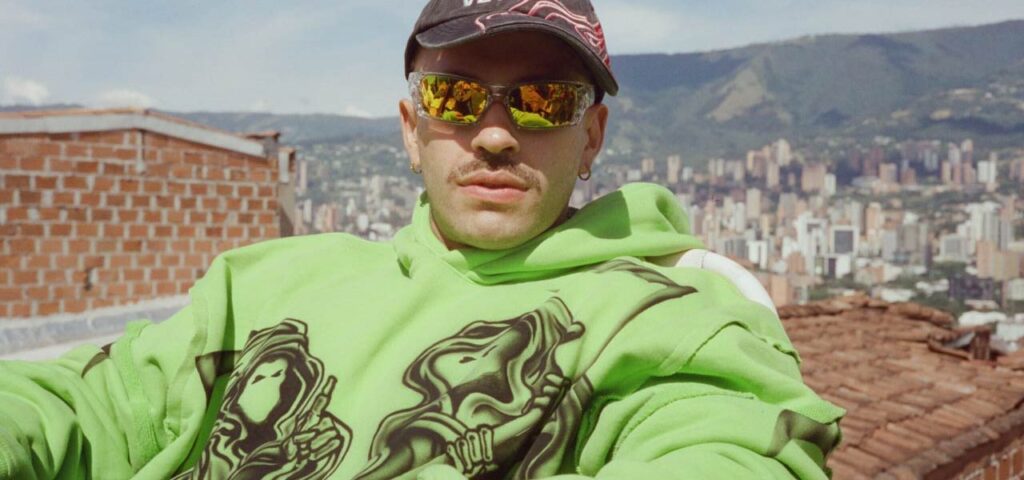


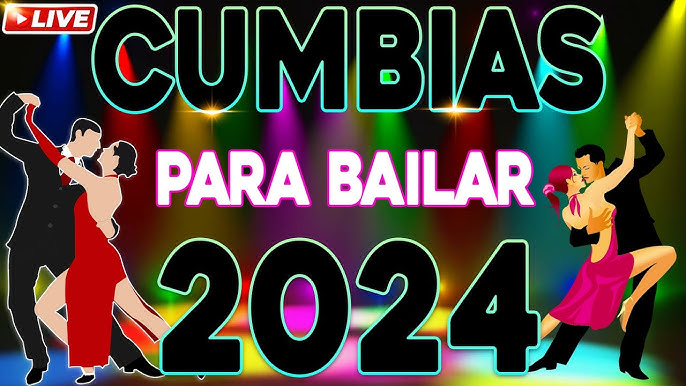


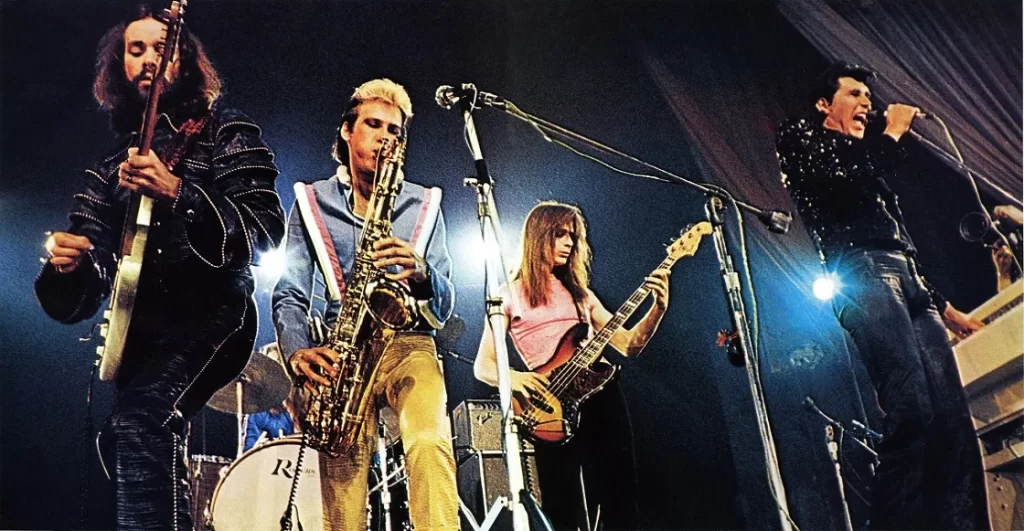
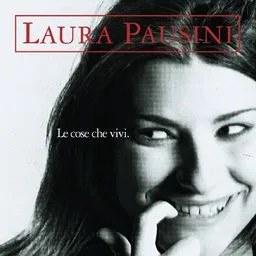
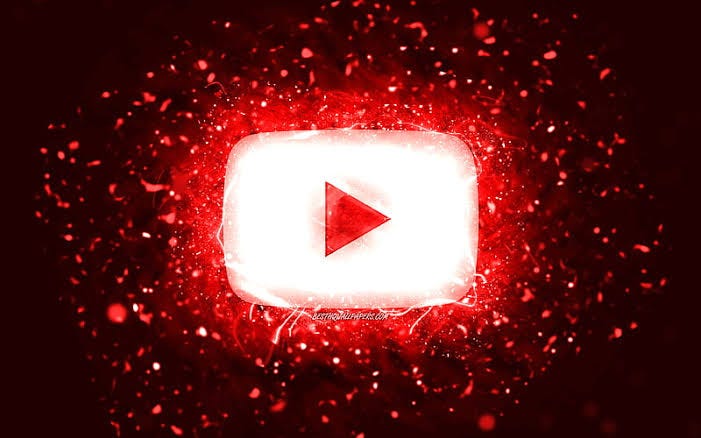

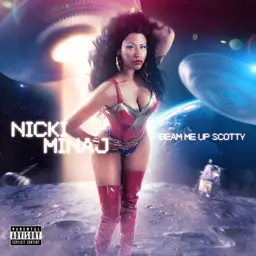



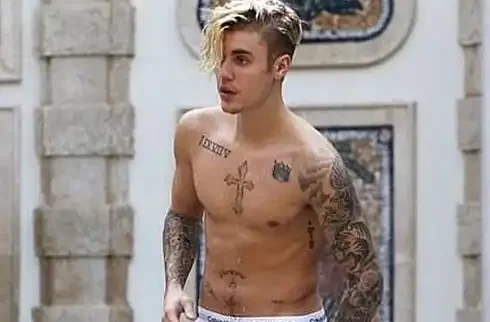








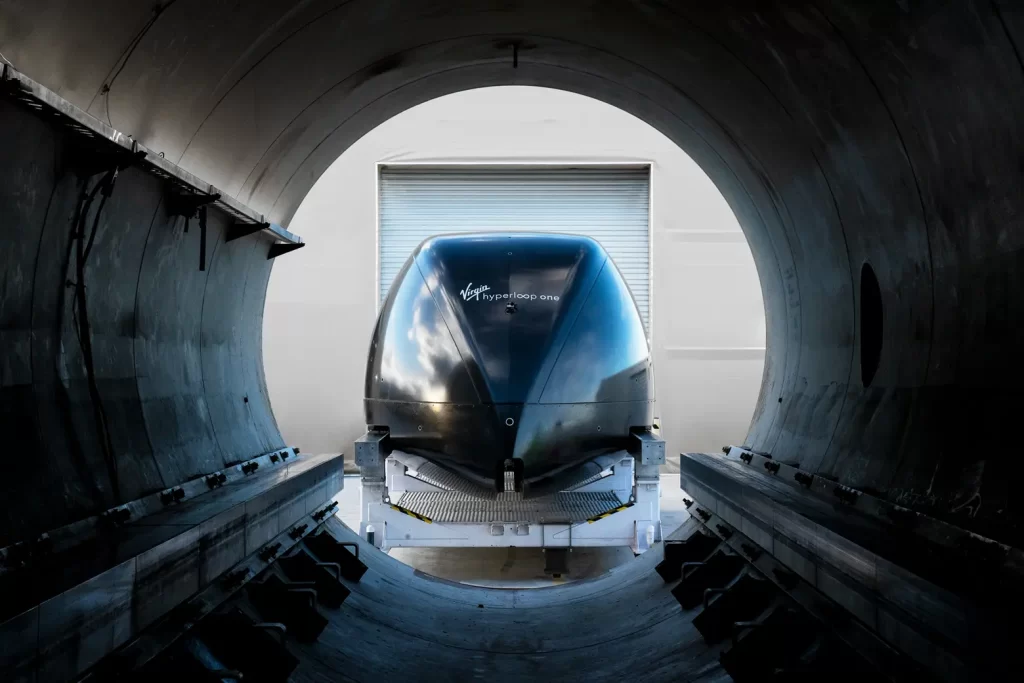
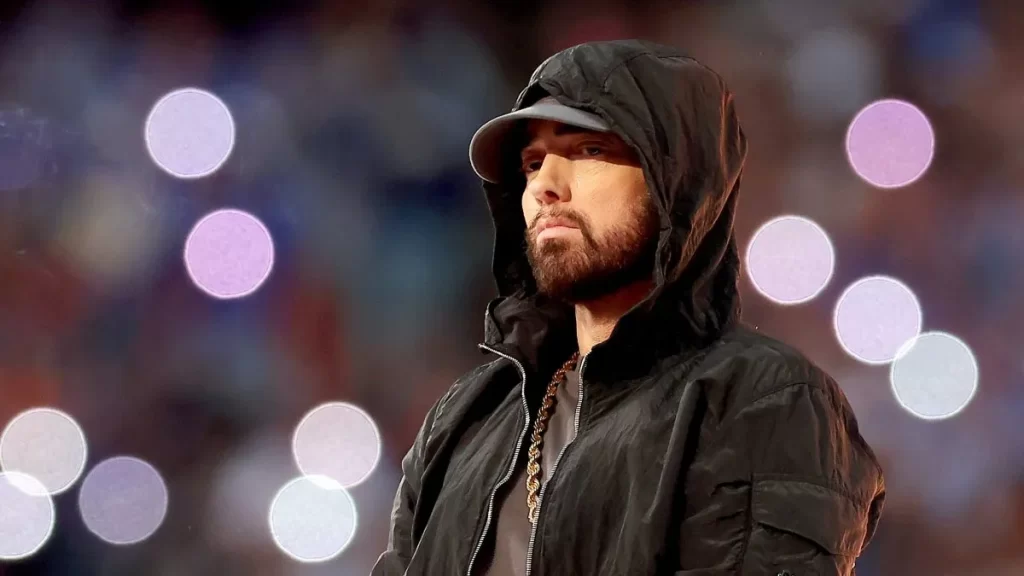



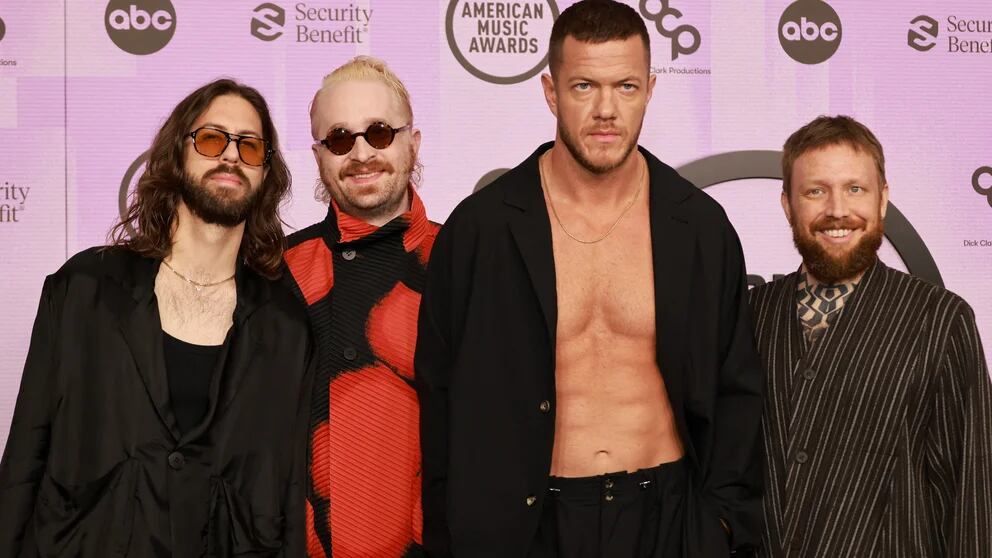
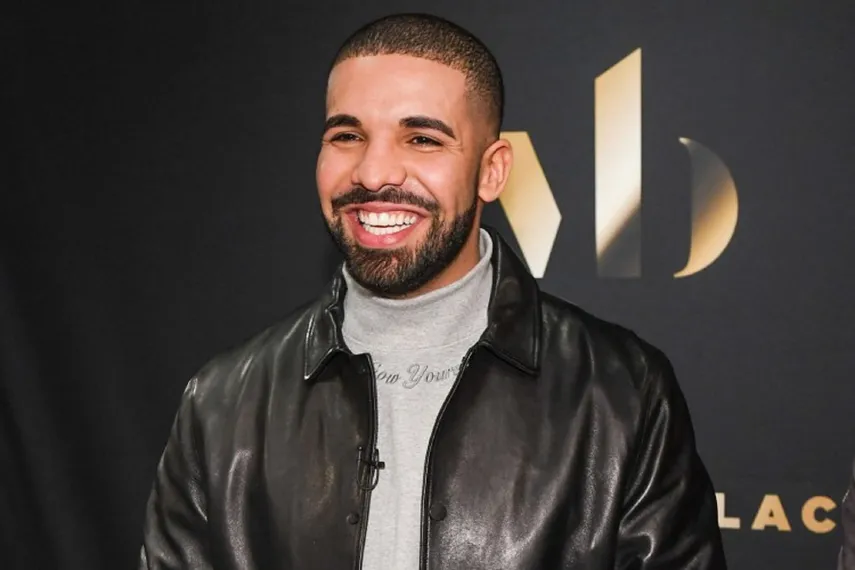

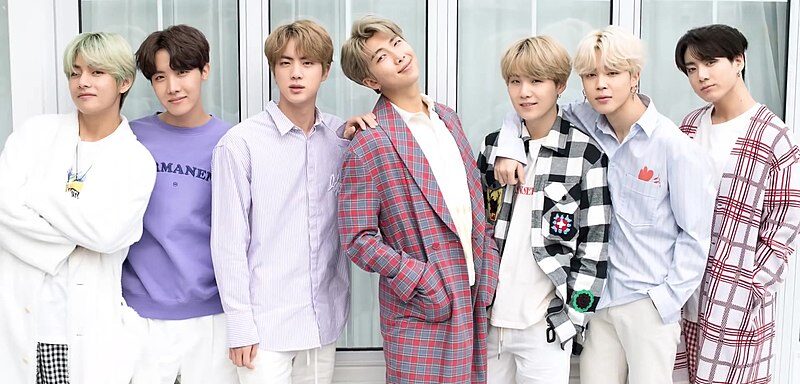
Leave a Reply
You must be logged in to post a comment.